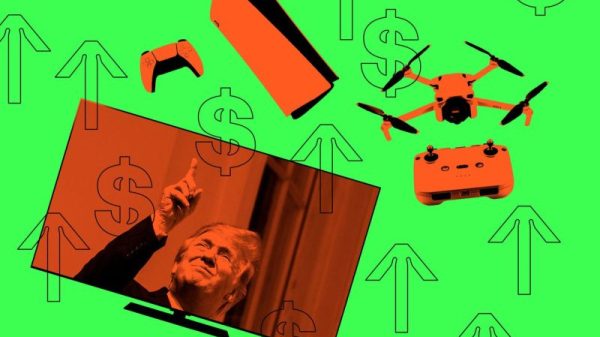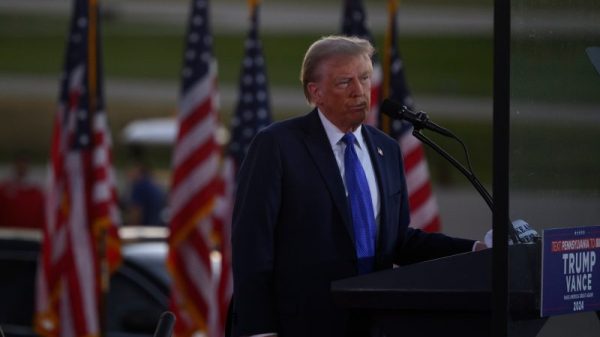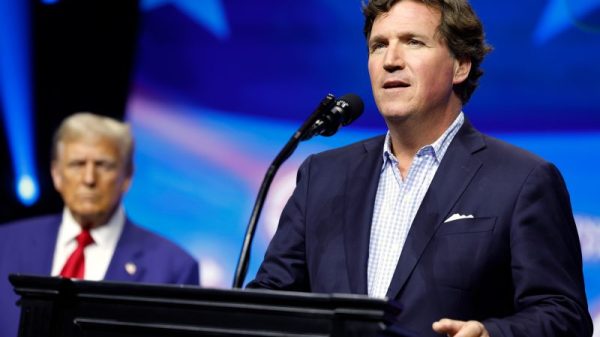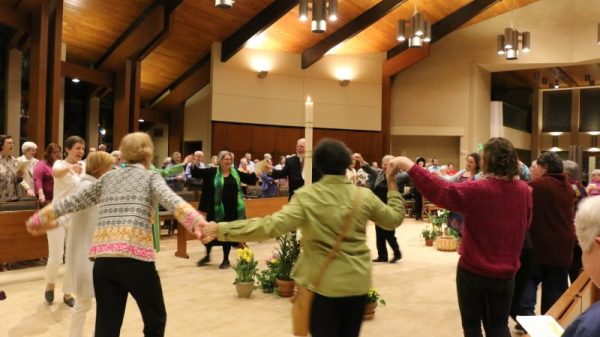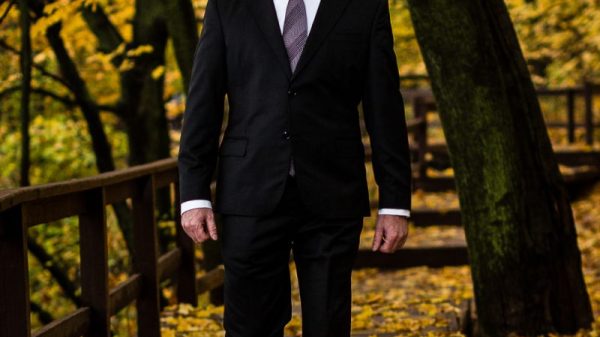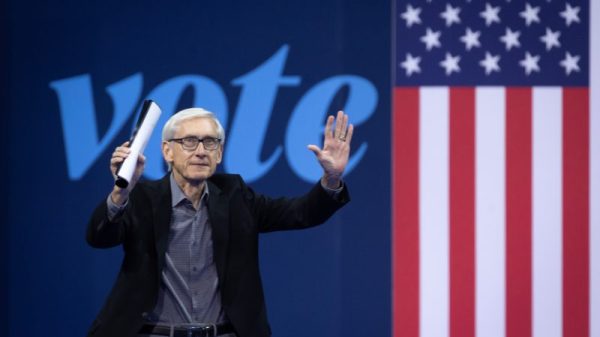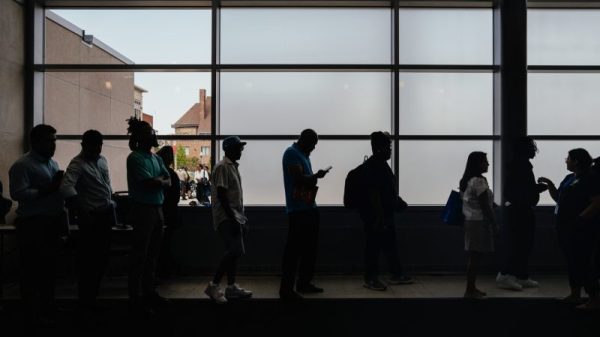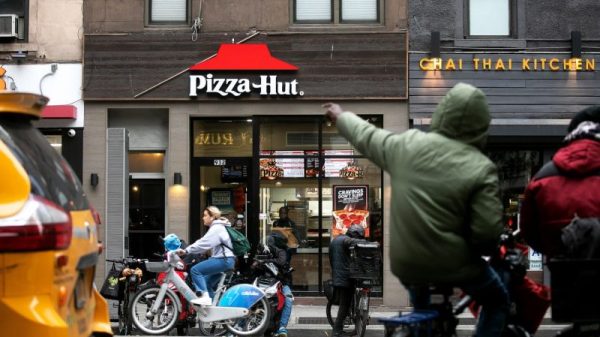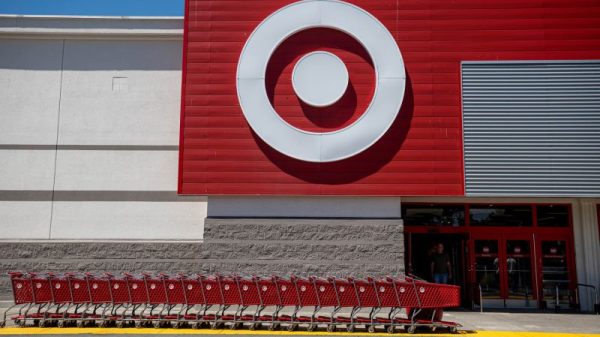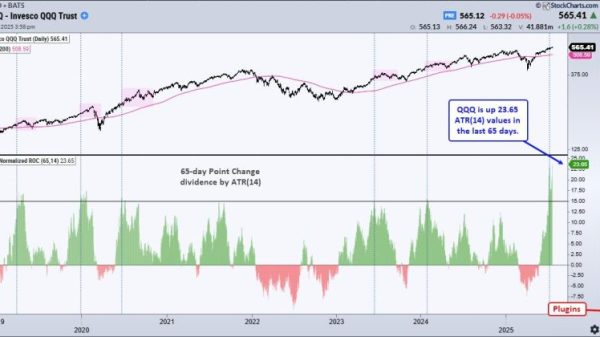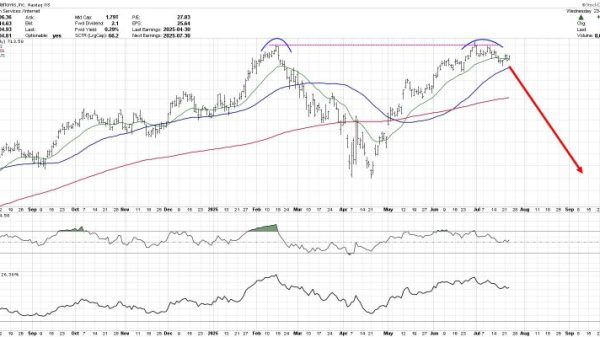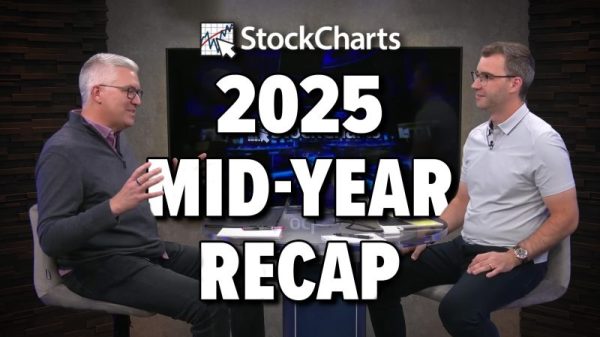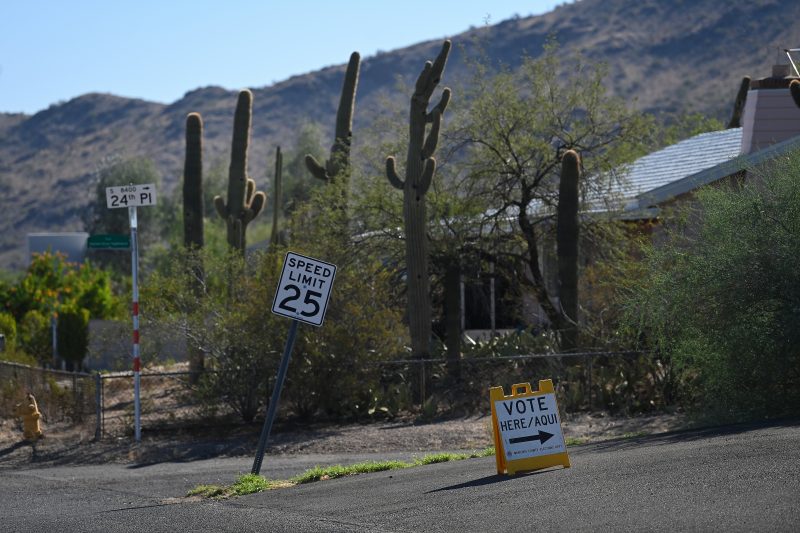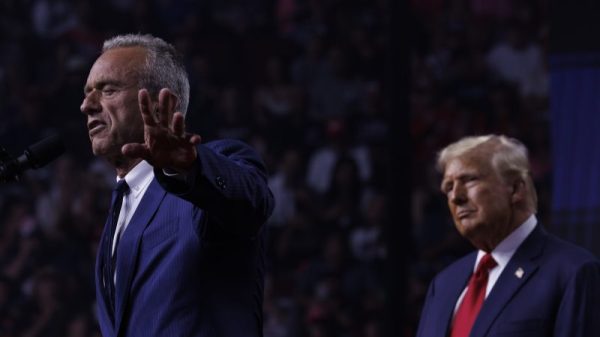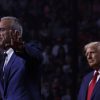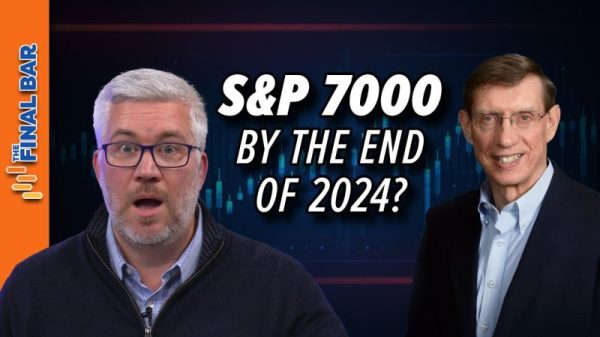PHOENIX — A failure to document the citizenship status of Arizona voters is now estimated to affect as many as 218,000 people — more than double what state election officials initially said after discovering the mistake this month.
Arizona Secretary of State Adrian Fontes (D) announced the new number Monday and said the problem affects more Republicans than Democrats or independents. State election officials have previously said that the number of affected voters could change as they investigate the scope of the 20-year-old problem, which began as part of an effort to implement a Republican-led state law intended to prevent rare instances of voting by noncitizens.
Arizona voters who do not provide proof of citizenship, such as a U.S. birth certificate, are not allowed to vote in state or local elections. But the state Supreme Court this month ruled those whose voting status has recently been drawn into question can vote in all races this fall.
The Arizona secretary of state’s announcement comes days before early ballots are slated to arrive in the mailboxes of voters in a border state that, since Donald Trump’s 2020 defeat, is acutely familiar with election misinformation and illegal immigration. The disclosure will almost certainly fuel suspicion about the true scope of the problem while supercharging the false notion that noncitizens around the nation are gearing up to cast ballots in November. For months, Republicans around the country have filed lawsuits and sought federal legislation to prevent noncitizen voting, even though academics and election officials have said it’s extremely uncommon.
Officials have had a difficult time nailing down precisely how many of the state’s 4.1 million voters were improperly recorded as having provided proof of citizenship. Initially, they believed nearly 350,000 voters were affected but later placed the figure at about 98,000. On Monday, they said additional research put the number at about 218,000.
Arizona passed a law in 2004 requiring voters to provide proof of citizenship to register to vote, but the U.S. Supreme Court ruled in 2013 that the measure cannot apply to races for the presidency and other federal offices. As a result, the state gives ballots that include all races to those who submit proof of citizenship and ballots with only federal races on them to those who do not.
This month, officials disclosed that some voters had been classified as having shown proof of citizenship even though there is no record of them doing so.
Fontes told election officials this month that the voters appeared to be citizens and should continue to receive full ballots this fall. Maricopa County Recorder Stephen Richer (R), who helps run elections in the state’s most populous county, asked the state Supreme Court to take up the issue, and the chief justice three days later issued a ruling agreeing with Fontes saying the voters should receive full ballots.
The state’s recordkeeping issue is affecting more than elections. On Sept. 3, the top prosecutor in Maricopa County warned the governor’s administration that faulty recordkeeping was leading her to change the charging criteria for aggravated drunken driving. Maricopa County Attorney Rachel Mitchell said her office found “numerous situations” in which “records are incomplete or wrong,” which complicated the office’s ability to “determine the status of a driver or ID card holder in Arizona.”
A spokesperson for the governor’s office declined to comment.
An audit last year of the state transportation department found extensive problems with the state’s oversight of third-party vendors, according to the state auditor general report. Problems included the issuance of driver’s licenses and identification cards to “unqualified or unauthorized” people — and a lack of “documentation confirming individuals/entities were qualified and/or authorized” to receive car titles or driver’s licenses and identification cards.
During a call about the voter registration problem this month, the governor, secretary of state and attorney general debated what to do and said they worried that it could be weaponized by those skeptical of the electoral outcomes should Democrats notch key wins, according to audio of the Sept. 10 call obtained by The Washington Post. They spoke frankly about election “conspiracy theorists,” the potential political implications and public-relations complications that the problem could introduce just weeks before the general election, while repeatedly noting that noncitizen voting is rare. Gov. Katie Hobbs (D) suggested limiting affected voters to receiving ballots with only federal races. Fontes and Attorney General Kris Mayes (D) pointedly disagreed and said voters should get to vote on full ballots that include federal and state races.
“It puts us in a really strong position to be able to fight the fight with vigor and not from sort of the position of denying voters,” Fontes said on the call. “We can be very pro-voter. We’re already being proactive and that blunts the attack, which is inevitable.”
Mayes said she worried that preventing tens of thousands of voters from voting in state races would lead Republicans to challenge Democratic wins — especially if control of the state legislature flipped in their favor and if a ballot measure ensuring access to abortion passed. By the end of the call, Hobbs agreed.
On the call, which took place days after the problem was discovered, Fontes said they could deliver a straightforward message to the public about the long-running problem: “We inherited it, we identified it, we fixed it.”
Mayes cut in. “Well, it’s not fixed yet, right?” she said.
“Well,” Fontes responded, “we’re in the process of fixing it right now.”


